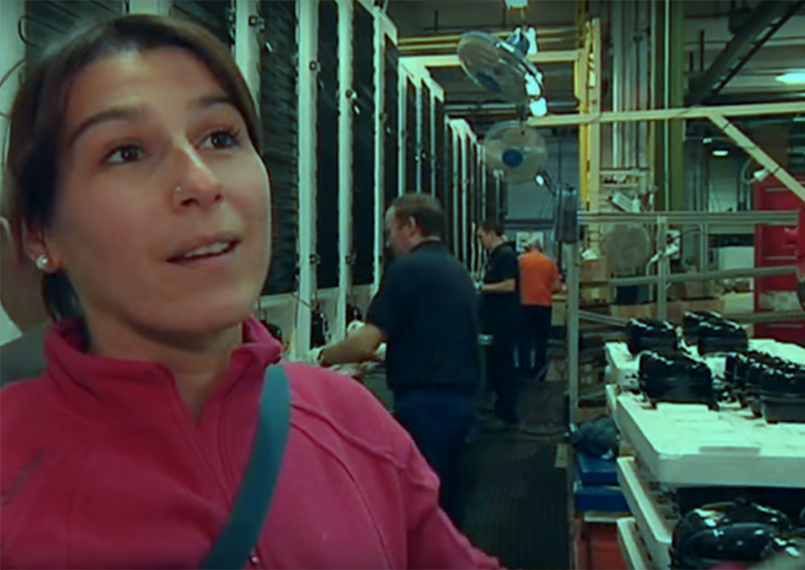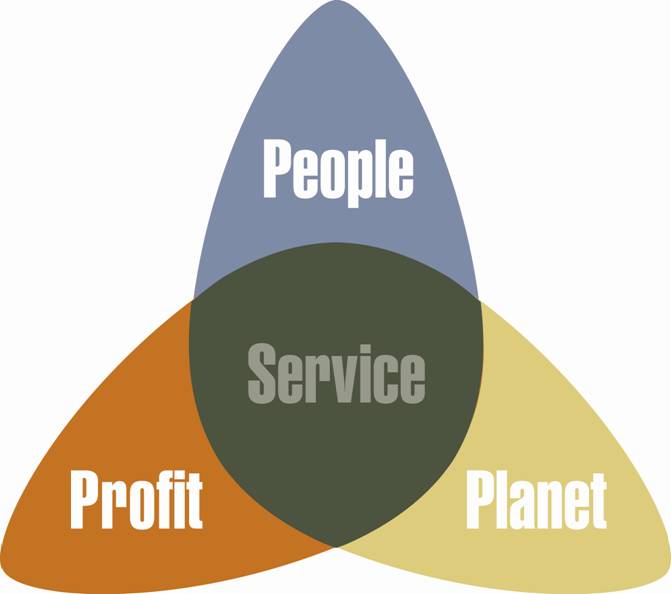
In the first part of this two part introduction to social enterprise we examined what social enterprise is and how social enterprises are set up. We also looked briefly at the history of social enterprise as well as looking at some of the characteristics of these organisations. In this part we will look in greater depth at the extent of social enterprise in the UK and worldwide and provide information on support for these entities.
Looking first at the extent of social enterprises in the UK, data on social enterprise is not particularly well tracked, but in the UK figures are presented by Social Enterprise UK that suggest that:
“There are approximately 70,000 social enterprises… contributing £18.5 billion to the UK economy… and employing almost a million people.”
These figures have grown fairly substantially since 2011, when Irwin reported that there were 55,000 social enterprises (approximately) generating more than £8 billion in GDP.

So far we have looked at social enterprise as if it was a uniquely British phenomenon, but this is not the case. It can be seen that social enterprises exist in many countries worldwide, though different terminology may be used in other places. For example, in the United States, social enterprise is usually explained as being the non profit sector. Meanwhile, in Europe, the expression social economy is more commonly utilised to outline what these organisations are. The social economy is seen to include mutual societies, associations and cooperatives, or any type of organisation that has grown up with a remit to help communities to draw together to improve the quality of their lives by generating the products and services they need for themselves.
While in the previous part of this two part series we traced social enterprise back to 1840s Industrial Revolution England, examples of it elsewhere in the world can be seen at other points throughout history too. One good example of this is in the Tang dynasty in China in approximately the 500s and 600s AD. During this time mutual aid and agricultural organisations were operating that helped local farmers to come together to secure optimal prices for their food, but additionally to make sure that everyone in the community gained the advantages that came about from doing this.
Understanding just how many social enterprises exist worldwide is particularly challenging, not least due to the mixed terminologies used in different places to define what it is. International Cooperative Alliance reported that in their part of the social enterprise industry there was 240 organisations spread across 80 nations, and with more than 800 million members. The members include both customers and employees, among others.
Spain provides a particularly interesting case study in social enterprise. The country does not have a legal definition that outlines what a social enterprise is, but nonetheless, social enterprises employ 20 per cent of the country’s workers.
In Spain the social economy has a right under the constitution of the nation to be able to get support to get underway and to grow and develop. One of the biggest social enterprises in Europe is located in Spain. This is called the Mondragon Corporacion Cooperativa. It employs more than 80,000 workers and turns over more than £15 billion each year. The organisation began small and started out in the 1950s in a small building developing paraffin heaters. Today it provides a wide variety of services that include manufacturing, banking and insurance, and it additionally has a university which it has set up and runs which offers places to several thousand students.
Entrepreneurs that want to get underway with starting up a social enterprise may need support and advice. One good place to look for this is Social Enterprise UK. The organisation may arguably be the most informative in the UK on this subject matter.
Social Enterprise UK has done its research and has created a library of publications, including a helpful document called “Start Your Social Enterprise.” This may very well be a good starting point for some.
Social Enterprise UK is an entity that believes itself to be the “voice for social entrepreneurs” through building awareness, creating networks, providing tools and information and sharing that information to help social enterprises to succeed. It also provides quite a few consultancy services and offers support to social enterprises to help them to get started and grow.

Paula Newton is a business writer, editor and management consultant with extensive experience writing and consulting for both start-ups and long established companies. She has ten years management and leadership experience gained at BSkyB in London and Viva Travel Guides in Quito, Ecuador, giving her a depth of insight into innovation in international business. With an MBA from the University of Hull and many years of experience running her own business consultancy, Paula’s background allows her to connect with a diverse range of clients, including cutting edge technology and web-based start-ups but also multinationals in need of assistance. Paula has played a defining role in shaping organizational strategy for a wide range of different organizations, including for-profit, NGOs and charities. Paula has also served on the Board of Directors for the South American Explorers Club in Quito, Ecuador.











